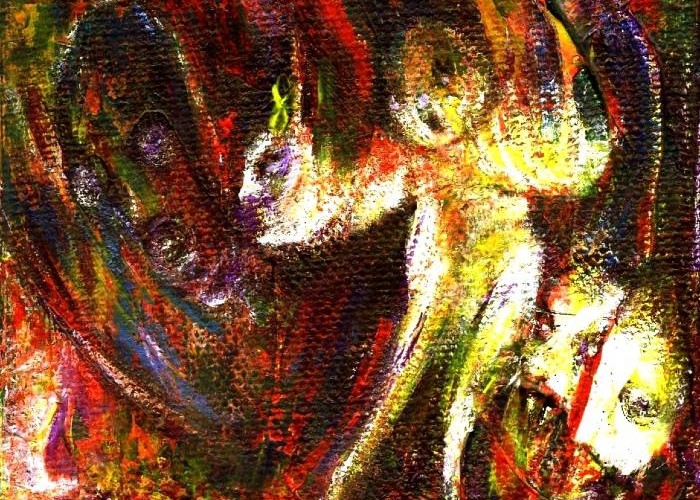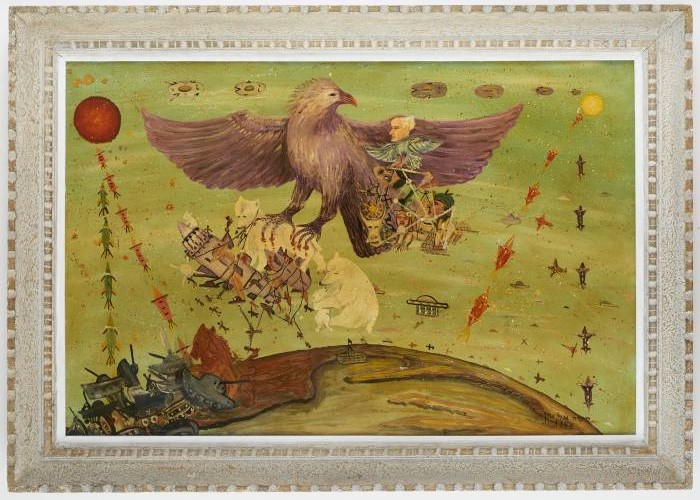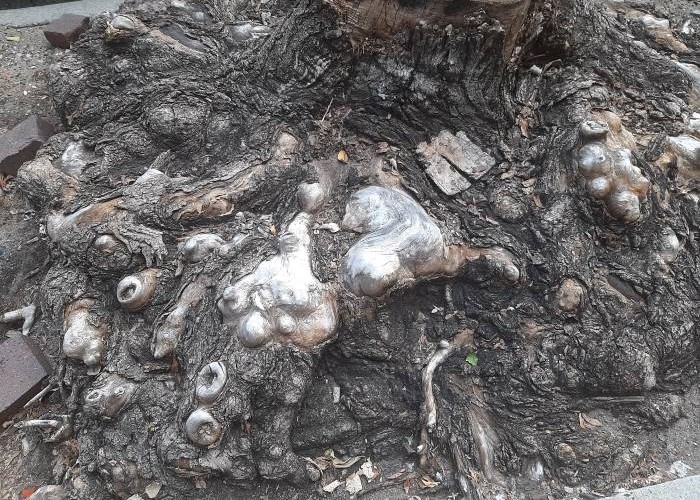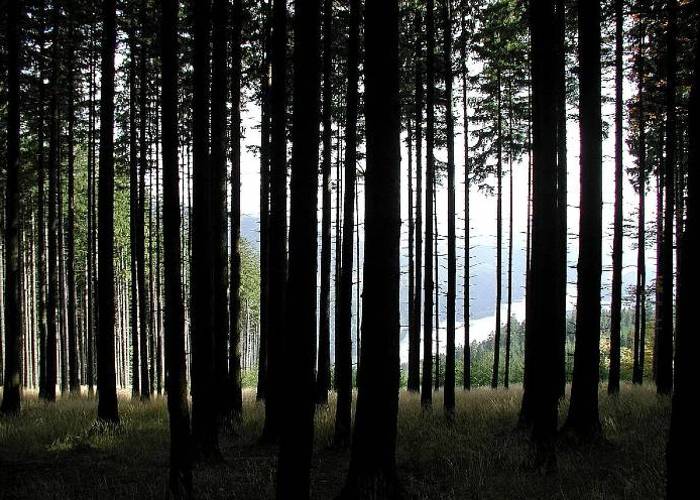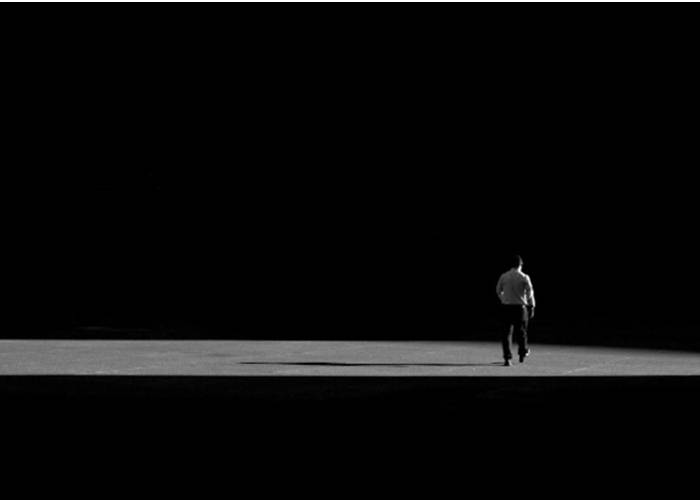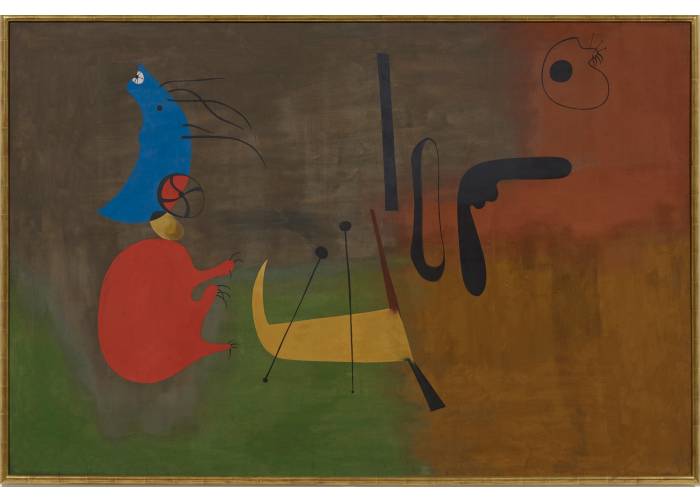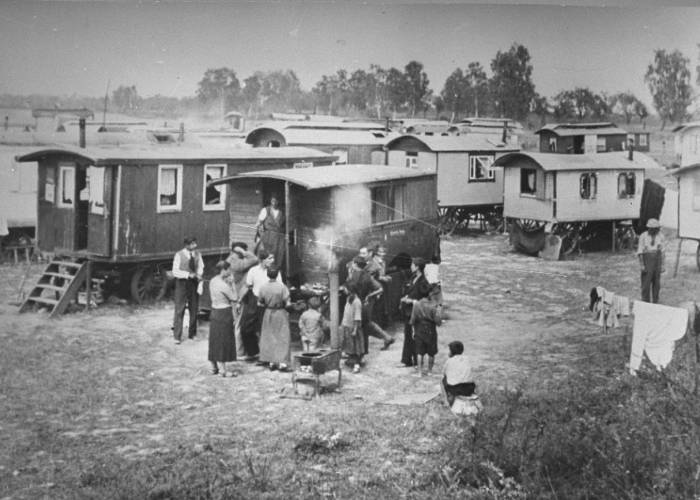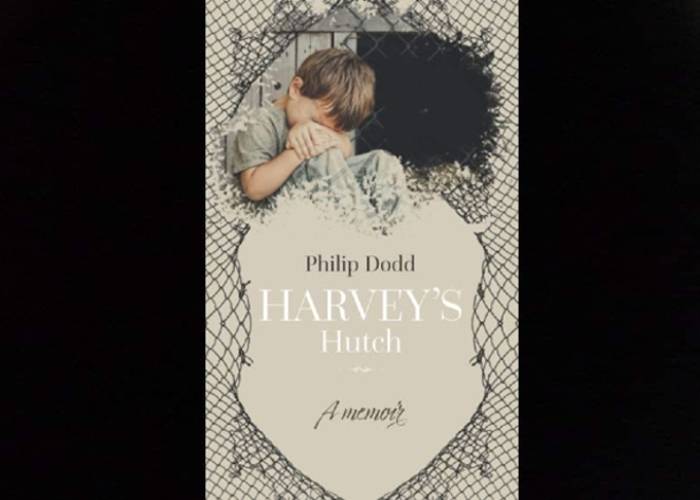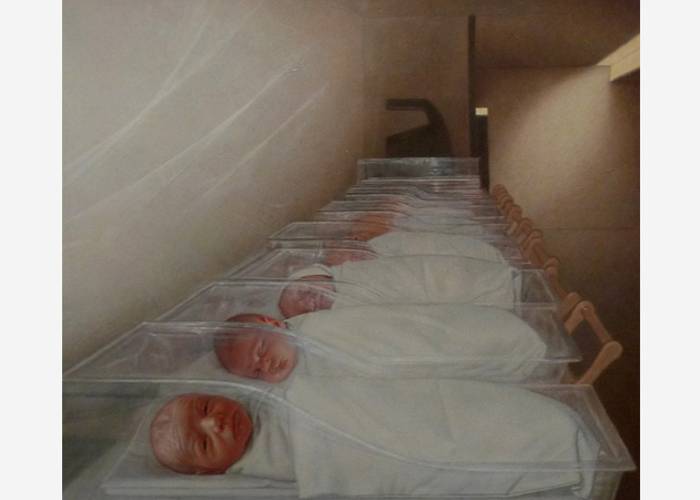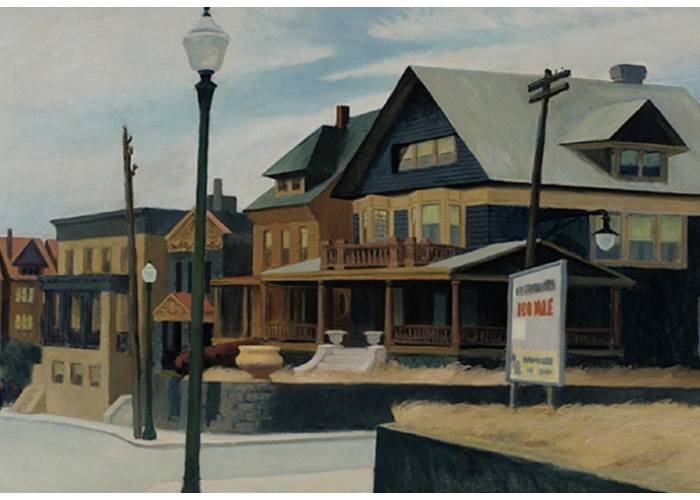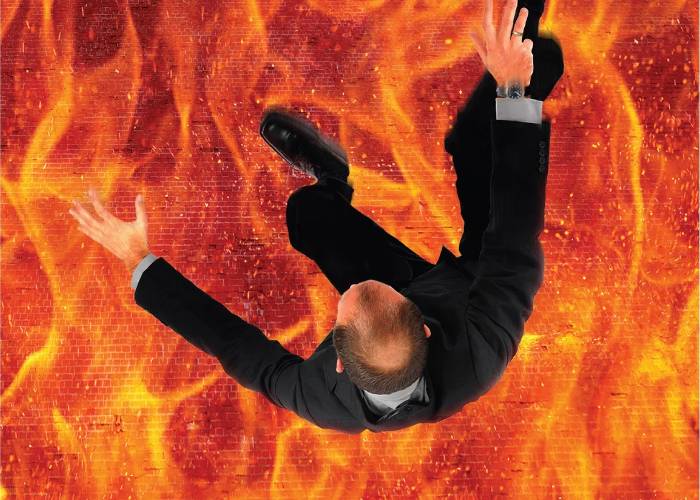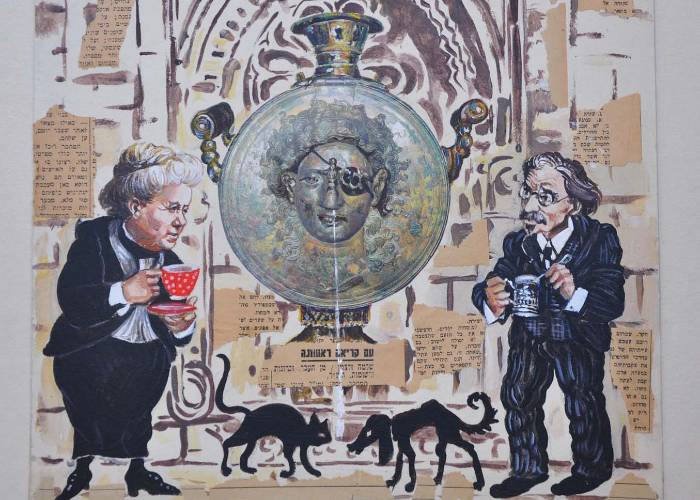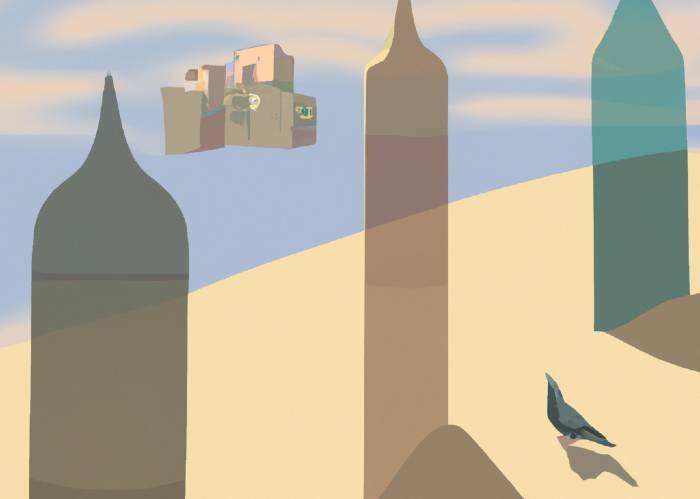The dream has disintegrated into feathers. The dove flutters into the darkness. The flapping of its wings fades. The night is full of silver. I wash my face with it before heading out into the desert.
It is three o’clock in the morning. I remember how my mother once left me in quarantine with pneumonia. After lying unconscious with a fever, I thought I was dead. And there were spirits all around me.
Her name was Nadezhda, that nurse who rattled syringes in the cuvette on the tray. She rattled the glass towers in the valley of glitter. She wore a robe over her bare body and gave painful injections. I remember them with my entire body, but in the dead of the night, I go off into the wilds of the Judean Desert.
Here every wasteland is desert, and every hill, every bump means something biblical, almost as great as that name, Nadezhda*. The first thing I remember from my stay in the hospital is Nadia* handing me a cup of kefir. Since then, the taste of granulated sugar soaked in kefir has tasted like heaven. I leave and hear dogs barking in the night at the Bedouin campsites, and a donkey roaring. I inhale the smell of rocks and sheep droppings. But I am in a hurry, I have no time to say goodbye to what I have been doing here for so many millennia.
So many times I asked to be left alone, alone with nature, with all these climatic zones, the midland and the Russian plain, with the mountains, the sea, and the desert, but the mystery never left me. In time, it dissolved and began to inject right into my heart.
I walk through the desert and remember. How once, at the very time, in the hospital, when I was conquered by the glass towers forever, two horse faces stooped to us through the ward window. And before that, the frantic stomping of gallops brought down the night, and the state farm horses with their saddleless horsemen horse thieves burst through our first-floor windows. We brought the horse thieves some bread from a tank in the canteen.
Oh, how I remember those glass towers! My face in the mirror of dawn disappears under a shroud of mist. I go back to bed. Tomorrow I will check out the desert again. I will follow the moon’s road, at the behest of luminaries and the vale. What else can I do to traverse the desert that I have loved so much, where spring opens with dazzling anemones, into whose flames I have fed pages. I am in the desert mining for letters. Just as others wash from the slopes of Shambhala a scattering of special grains of sand, so I, letter by letter, extract crumbs for the mother desert.
My life around me is like my body – imitating the glass towers that once gave me meaning. Life ceases to be a ghost if you extract the letters from it. And then some word can become a glass tower again. A dove returns from the darkness. He sits on the fence of sleep. I pour it some crumbs.
Translated by Nina Kossman
____________________________________________________________________________
* Translator’s note: “Nadia” is a form of “Nadezhda”. “Nadezhda” (“Надежда”) is Russian for “hope”.
* * *
“Glass Towers” is a chapter from Alexander Ilichevsky’s “Судовой журнал”.






























